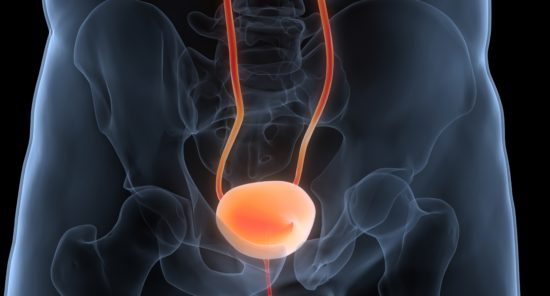Evidence is lacking from randomized studies of hypoglossal nerve stimulation in obstructive sleep apnea (OSA). The THN3 trial was a randomized clinical trial conducted at 20 centers to evaluate the safety and effectiveness of targeted hypoglossal nerve stimulation (THN) of the proximal hypoglossal nerve in 138 patients with moderate to severe OSA with an apnea-hypopnea index (AHI) of 20 to 65 events per hour and body mass index of 35 or less. At months 1 and 4, device activation occurred for both treatment and control groups, respectively. Primary effectiveness end points were AHI and oxygen desaturation index (ODI) responder rates (RRs).
The treatment group had significantly higher Month 4 THN RRs than the control group, with AHI at 52.3% vs 19.6% and ODI at 62.5% vs 41.3%, respectively. The standardized mean differences between the treatment and control groups were 0.725 (95% CI, 0.360-1.163) for AHI and 0.434 (95% CI, 0.070-0.843) for ODI. At Months 12/15, RRs were 42.5% and 60.4% for AHI and ODI, respectively. During the study, two severe adverse events and 100 non-serious adverse events related to the study protocol or the implant procedure were reported. This study demonstrated that the safety and effectiveness of THN in treating sleep apnea and improving sleep architecture and quality of life is consistent with trials investigating distal hypoglossal nerve stimulation.
Reference: Schwartz AR, Jacobowitz O, Eisele DW, et al. Targeted Hypoglossal Nerve Stimulation for Patients With Obstructive Sleep Apnea: A Randomized Clinical Trial [published online ahead of print, 2023 Apr 6]. JAMA Otolaryngol Head Neck Surg. 2023;e230161. doi:10.1001/jamaoto.2023.0161
Link: https://jamanetwork.com/journals/jamaotolaryngology/fullarticle/2803487









